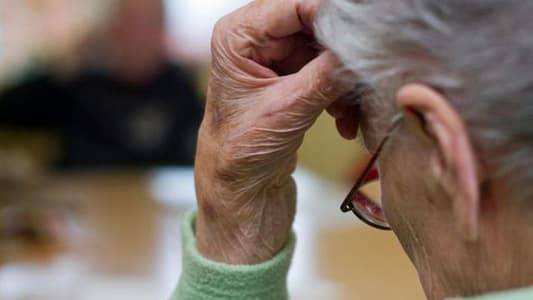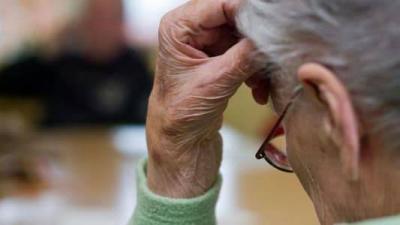Dementia is a term for a group of syndromes related to brain deterioration. There are a variety of behavioral changes to look for. Emma Hewitt, Head of the Dementia Department at KYN Bickley Care Home, mentioned that "loss of trust" is a sign that a person may have dementia. She stated, "Behavioral changes, such as loss of trust and loss of interest in friends, work, or hobbies are less well-known symptoms. Individuals with dementia may also experience sleep disturbances or vivid dreams."
Hewitt shared some early signs of dementia to watch for. She noted, "Becoming more forgetful, being easily distracted, and taking a little longer to remember things are all signs of normal aging. However, when someone has dementia, the changes in mental abilities are more severe than those experienced as part of normal aging."
Early signs of dementia typically include increased memory loss (although this is not a characteristic of all types of dementia), confusion, difficulty finding the right words, and getting lost in familiar places. As dementia progresses, individuals may struggle to retain information and learn new tasks, find it challenging to manage regular payments such as budgets and bills, lose track of time, and have difficulty making decisions.
She continued, "To support someone with dementia, you should try to ensure they do not feel anxious." Hewitt advised that "to provide the best support for someone with dementia, spaces should feel familiar and social isolation should be minimized, as this can increase feelings of anxiety. Ensuring family members have access to fresh air, sunlight, and natural light helps maintain their circadian rhythms and vitamin D levels, which improves sleep."
She added, "Memory problems can be caused by other factors, such as stress, menopause, medication, anxiety, and depression. Therefore, it is always advisable to talk to your general practitioner if you have concerns about your memory or that of a family member, so any other treatable causes can be identified."
Your doctor will conduct a memory test to determine if they believe you have dementia. They may also perform some physical tests to rule out dementia as a cause.




